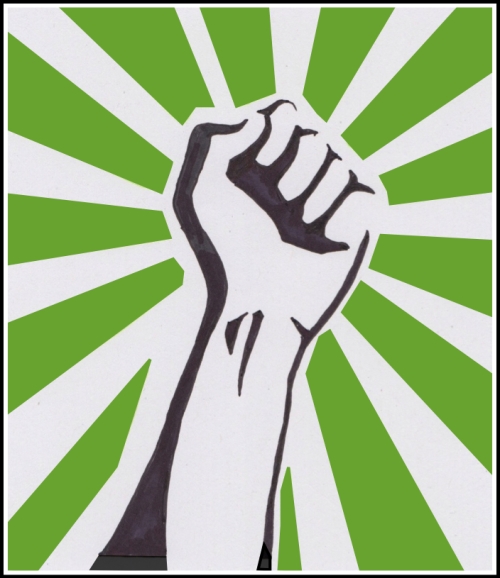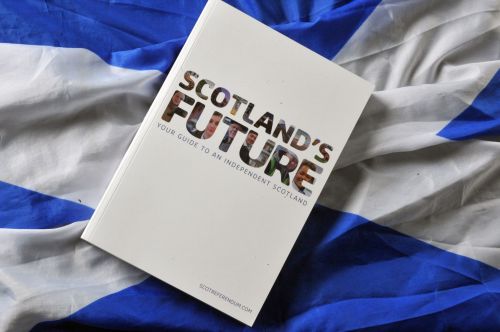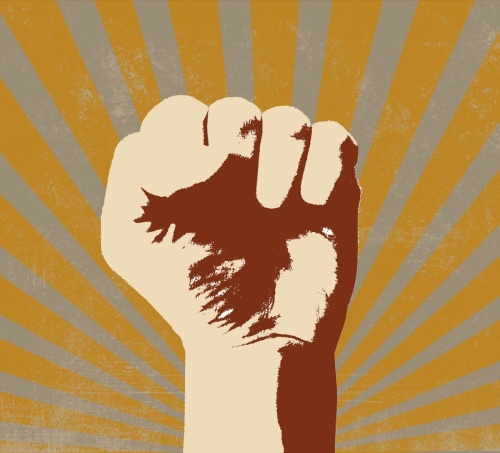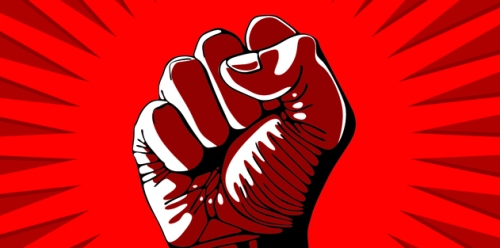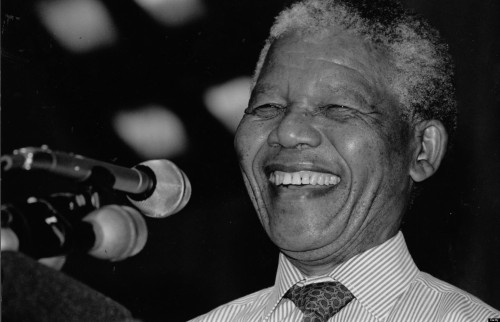First published here for Groundviews.
Images have been making the rounds on facebook, with various hues and shades, highlighting the fact that the sixth executive President of Sri Lanka, Maithripala Sirisena, won with the support of minority communities in Sri Lanka, whereas Mahinda Rajapakse, the last President obtained the votes of a majority of the majority. There is another image on facebook, that of a line drawing of a rabbit, requesting those who have time to go about colouring a map of Sri Lanka to induce racism, to colour the rabbit.
That is how much Sri Lankan society has been polarised over the last few weeks.
President Rajapakse was the clear front runner to win the elections in November 2014 when elections were called. The probability of him winning the elections kept thinning since then, when the General Secretary of his own party defected to the opposition to occupy the mantle that was the common opposition candidate. Come election eve, Mahinda Rajapaksa was still the favourite to win, albeit only just.
Never did I come across someone who whole heartedly committed to the fact that Mahinda would lose, even in the predominantly anti-regime circles that I move in. The most optimistic notion doing the rounds was that Maithripala had a very fair chance of winning, that optimism however was swiftly disqualified by that commonest of statements – should the unthinkable happen, the Rajapakses are so entrenched in their power politics, that they will never let go, and even if they did it would be after a bloodbath. Days before the elections, the prices of vegetables and other household commodities soared as a premonition soaked public stockpiled for the violence and curfew that was expected to eventuate.
The unthinkable happened, Rajapakse lost, he allegedly tried to use the military to create chaos, the army refused, and what ensued was probably the most peaceful elections and post election climate in my close to thirty year lifetime.
The Muslims and Tamils voted en masse for the opposition, particularly the Muslims. Not because they had faith in the opposition, but because the Rajapakses had to be deposed.
Under the Rajapakse’s, Sri Lanka descended from a precarious political balance to an utterly damaged one. Media freedom was stifled and Sri Lanka went from being a benign smiling island nation to a surveillance state, with state of the art technology mustered to wage the war now being used to protect the power balance of the regime. Journalists were killed in broad daylight; media institutions and other organs of a functioning democracy were stifled at best or bullied to submission. Ostentatious construction projects were instituted, some meaningful, some not so – but the incentive behind many such projects were the fruits of corruption enjoyed by those involved.
Political appointees were common place, and many at the highest echelons of power could trace some link to the Rajapakse family. Sri Lanka’s first female Chief Justice was impeached allegedly for blocking a project largely involving one of the Rajapakse brothers. The impeachment process itself was not moral and the very process reflected the tatters in which political decency lay, where it is rumoured that one of the loquacious ministers of the government addressed her derogatorily in Sinhala as ‘baby’.
As a nation many felt that we had lost our spirit under the Rajapakses. As a people, we were being groomed to dislike the other, in a land which abrasively and wrongly claimed to be that belonging to just one race. Racism was allowed to thrive; indeed bureaucratic apparatuses were struggling to survive without it. Ministers and ministerial offspring were running amok and thugs in robes went about desecrating the sanctity of the noble philosophy that is Buddhism.
Corruption was so rampant that it became such a deeply ingrained and embedded element of our psyche. Indeed when one lives in abnormality for long enough, that which was once considered abnormal slowly yet firmly goes through a subtle metamorphosis to become normal. Decadence becomes so gradual that it happens without grazing the sensitivities of our collective consciences, and eats away at our soul.
The Bodu Bala Sena (BBS), largely unrepresentative of the average Sri Lankan Buddhist wrought carnage upon the carefully evolved and preserved Sinhala-Muslim relationship. To the credit of the Muslims however, they have been astute to identify the BBS as a terror group and not of a representative wing of the majority Sinhala community. The BBS was out in the open, in its aggression towards Muslims, a country where law and order is considered sacrosanct would have no dilemma in having many of the BBS charged and punished. Instead, they were harnessed and even prospered under the watch of the last government. Among the reasons for their invincibility in the sight of many was their perceivably close relationship with the former defence secretary Gotabaya Rajapakse.
Hundreds of properties and close to dozens of mosques were damaged, causing immense physical and emotional trauma upon a beleaguered and innocent Muslim community. It was, and as of today, continues to be a symbol of the decadence of our society that hate speech so easily spewed from the electronic mouths of many educated Sinhala youth under the watch and connivance of the state.
However in all this, Muslims must not, should not and should never be tricked to indulge in turgidity that this was a victory brought forth by the Muslims and other non-Sinhala ethnic groups.
Rajapakse had to go, and the people rose against him, and that is all.
Muslims should move beyond the parochialism that has plagued politics in recent decades, it didn’t use to be this way; abnormality has once again come to be known as normal. It is understandable that circumstances pushed Muslim politicians down that path, but that time has now passed. Muslims should integrate- not necessarily with the Sinhalese or Tamils – but with all those who identify themselves as Sri Lankans, bar none.
I was amongst the tens, if not hundreds of thousands at the last rally by Maithripala Sirisena in Maradana of the Colombo Central electorate, and amongst the elated crowds at the Independence Square when the new President was sworn in. The former is a Muslim stronghold and the evergreen bastion of the opposition United National Party, the latter is a national treasure. Remarkable was the fact that in one instance, Sri Lankans rallied against the incumbent, and in another they rallied in support of the new incumbent, not as antagonistic warlords who had momentarily laid down their arms, but as a harmonious clutter of Sri Lankans of all shades, celebrating what they deserve.
Maithripala Sirisena’s Presidency, or indeed his new government should not be considered better than the last unless they actively prove to be so. They have made promising new steps, but they have miles to walk. This new government has to be held accountable for all the steps they take, commended for the good they do and taken to task for the wrongs they do. Indeed never again should a regime as dastardly and corrupt as the last be allowed to surface to soak the founding principles of Sri Lankan society, one that still teaches ‘values’ in her schools.
This is not a victory by the Muslims or Tamils neither did the Sinhalese win with the help of their other racial counterparts.
In the oldest democracy in Asia, her peoples got together to depose what they thought was a representation of everything that isn’t Sri Lankan, they did so to regain the Sri Lanka they know.
That is how it should be.
I am a Muslim, I voted for the winning candidate – it is against the grain of these sentiments to highlight that I voted in a Sinhalese, but I did and not just because there wasn’t a suitable Muslim candidate. Together I am from the political majority, a majority that should embrace the minority to form a cohesive Sri Lanka, not monotonous as a people, but one people nonetheless.
Image from here.

